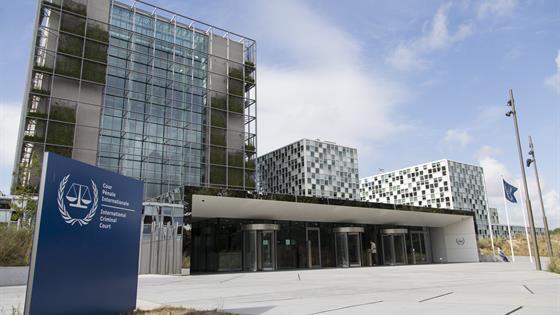
(Eagle News) –Opposition senators on Wednesday, May 16, asked the Supreme Court to declare the Philippines’ withdrawal from the International Criminal Court as “invalid or ineffective.”
In a 17-page petition for certiorari and mandamus, Senators Francis Pangilinan, Franklin Drilon, Bam Aquino, Leila De Lima, Risa Hontiveros and Antonio Trillanes IV also asked the High Court to compel the executive department, through the Department of Foreign Affairs and the Philippine Permanent Mission to the United Nations, to “notify the United Nations Secretary-general that it is cancelling, revoking or withdrawing its instrument of withdrawal received by the Secretary-General of the (UN) on March 17, 2018..”
Named as respondents in the petition were Foreign Affairs Secretary Alan Peter Cayetano, Executive Secretary Salvador Medialdea, the Philippines’ Permanent Representative to the UN Teodoro Locsin Jr. and Presidential Legal Counsel Salvador Panelo.
In seeking for the relief, the senators argued the executive department, through the DFA and the Office of the President, “gravely abused its discretion amounting to lack or excess of jurisdiction” in withdrawing from the same “without the concurrence of at least two-thirds of all the members of the Senate.”
The Rome Statute which establishes the ICC, after all, they said, “as a treaty entered into law by the Philippines,” has the “same status as an enactment of Congress” according to Article VII, Section 21 of the Constitution.
“The executive cannot abrogate or repeal a law. In the same vein, the executive cannot unilaterally withdraw from a treaty or international agreement because such withdrawal is equivalent to a repeal of a law,” they added.
They cited the case of South Africa, which also notified the UN of its intention to withdraw.
They said the South African opposition Democratic Alliance, however, challenged this in the South African High Court, which, according to them, eventually ruled on Feb. 22, 2017 that “President Jacob Zuma and his Cabinet’s October 16, 2016 ICC notification of withdrawal was premature, procedurally irrational and that the government could not make the decision without the approval of Parliament.”
“Usurpation”
With the withdrawal, the senators said the executive committed “usurpation of legislative powers penalized” under Article 239 of the Revised Penal Code.
They said the withdrawal cannot be justified under the “so-called residual powers” of the President, as the court, in Marcos v. Manglapus, according to them, ruled such power was the “unstated” power to “protect the general welfare of the people.”
“As an unstated power, the President’s residual powers may only be invoked when there is no clear constitutional principle involved,” they said.
“Given that the instrument of withdrawal received by the secretary-general of the (UN) on March 17, 2018 is inconsistent with the Philippine Constitution, the Honorable Court must order the executive department to carry out its cancellation, revocation or withdrawal, similar to the case of South Africa. This is necessary to implement the constitutional requirement that a treaty withdrawal needs the concurrence of at least two thirds of all the members of the Senate,” they added.







